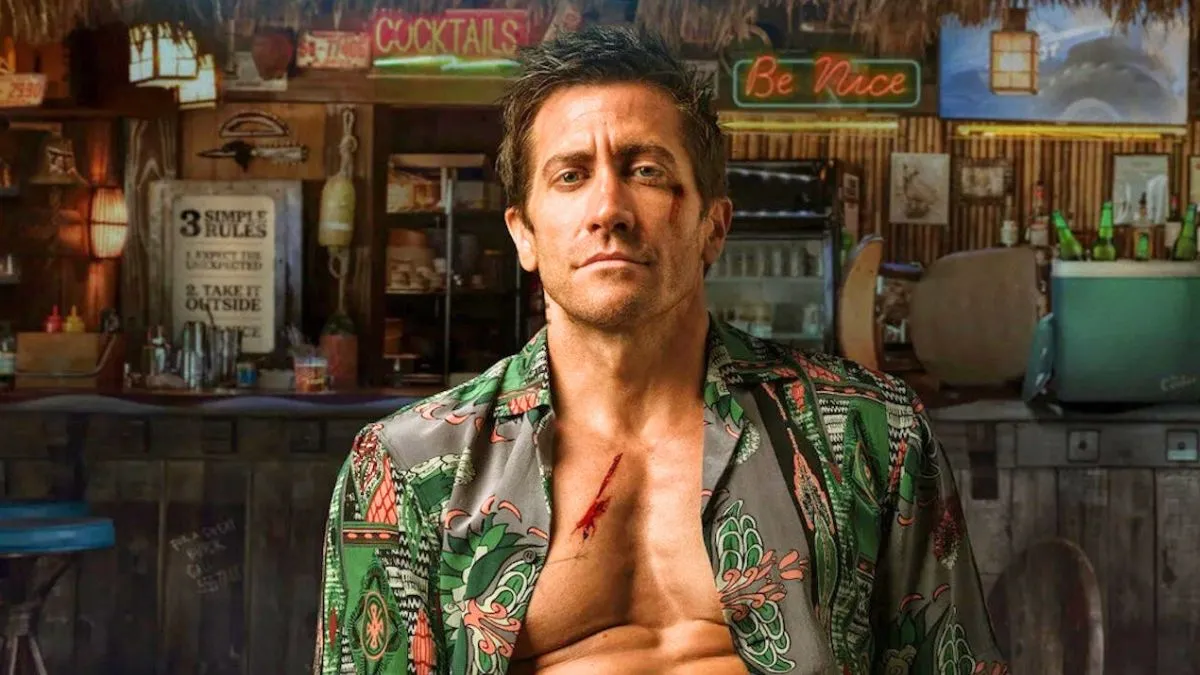The anticipation surrounding the remake of the beloved cult classic, Road House, quickly turned sour as disputes and legal battles marred its production. With a stellar cast including Jake Gyllenhaal and backing from Amazon Studios, the project seemed poised for success. However, a series of unfortunate events unfolded, leading to controversy and a lawsuit for copyright infringement.
The original Road House, released in 1989, remains a cherished American classic, known for its charismatic lead, Patrick Swayze, and its gripping tale of redemption and revenge. The remake, set to debut on Prime Video, was intended to follow a similar narrative, albeit with modern twists. Jake Gyllenhaal was cast as a UFC middleweight fighter who finds himself working at a Florida “roadhouse,” echoing the original’s themes.
However, complications arose when R. Lance Hill, the original screenwriter who penned the screenplay under the pseudonym David Lee Henry, filed a lawsuit against Metro-Goldwyn-Mayer Studios and Amazon Studios for copyright infringement. Hill alleged that Amazon deliberately ignored his attempts to reclaim the rights to the screenplay, pushing ahead with production to meet a deadline before the copyright expired. Furthermore, Hill claimed that Amazon utilized generative artificial intelligence to complete the film after the writer’s strike delayed production.
The lawsuit not only raises questions about the integrity of Hollywood’s creative process but also has broader implications for the industry’s future use of AI technology. Hill’s legal action is part of a trend among original authors seeking to reclaim rights to their works after a certain period, posing a threat to studios’ control over lucrative franchises.
Amazon has vehemently denied the allegations, asserting that the lawsuit is baseless and the film did not employ AI to replace actors’ voices. Nevertheless, Hill is seeking damages and a court order validating his claim to the screenplay’s rights.
Amidst the legal turmoil, director Doug Liman expressed dissatisfaction with Amazon’s decision to release the film exclusively on streaming platforms, boycotting the premiere in protest. The rift between Liman and the studio underscores broader tensions within the industry regarding the distribution of films and the importance of theatrical releases.
As the legal battle unfolds, it remains to be seen how the Road House remake will fare amidst the controversy. While Gyllenhaal and others involved in the project express their commitment to the film, the outcome of the lawsuit may reshape the landscape of Hollywood’s creative process and intellectual property rights.


